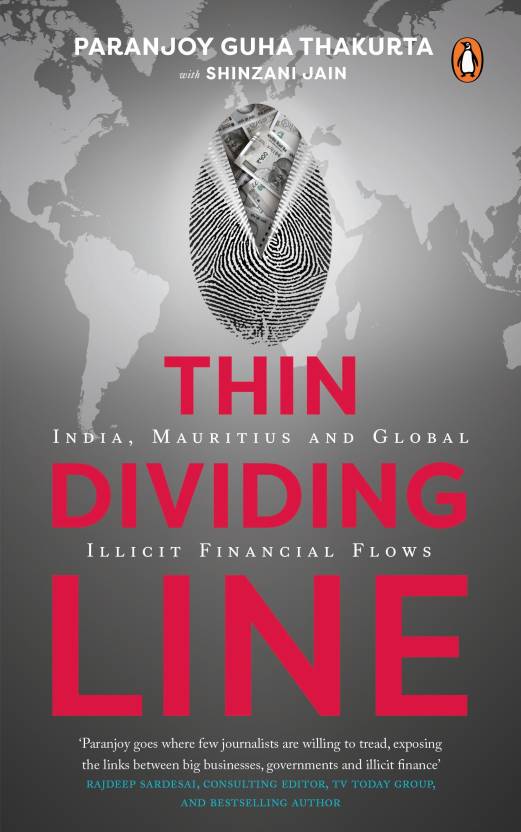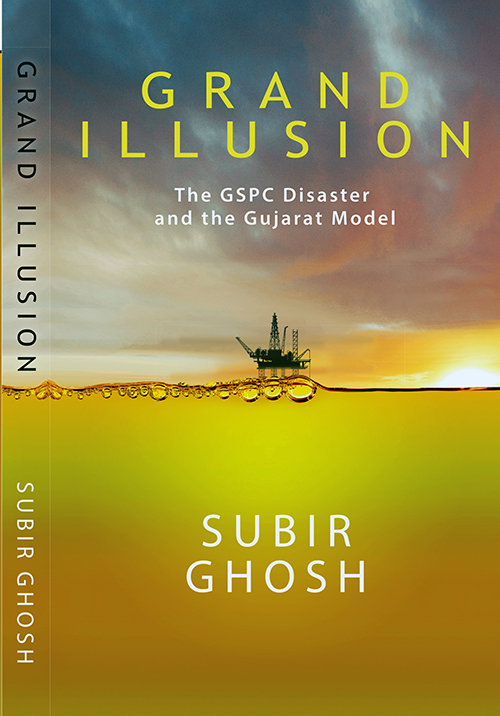- Did the businessman in Bob Dylan supersede the poet
- Did he demur before writing down an essay (instead of delivering the mandatory speech) before pocketing the equivalent of $900,000 or nearly ₹7 crore from the Nobel Academy
- We will never know the answers simply because he never will tell
- Dylan will continue to refuse to be classified
****
A troubadour with a twang; an Amriki baul; an icon of his generation; a bundle of contradictions who steadfastly refused to be stereotyped; who relentlessly challenged his own image to become different things to different people; a person who epitomised the finger-pointing protest music of the 1960s but who was also a canny businessman who wrote and starred in 39 studio albums that together sold over 100 million copies. He advertises whiskey. He is a plagiarist, who claims he is inspired by love and care. His music transcends genres and generations.
Dear reader, in case you still haven’t guessed his name, he became the first songwriter to be awarded the Nobel Prize in literature at the young age of 75.
Bob Dylan refuses to conform and consciously obfuscates the truth about himself. He has always wanted an aura of mystery and unpredictability around him. Enigma is his second name. Did he really survive a terrible motorcycle accident in July 1966? Did he become a “born-again Christian” in the late-1970s? Is he both the joker and the thief in All Along The Watchtower (1967) that was made famous by Jimi Hendrix — “So let us stop talkin’ falsely now/The hour’s getting late”? Was he not Joan Baez’s lover and collaborator at the same time?
Did he, five years ago, deliberately delay for two weeks his decision to accept or reject the Nobel Prize “for having created new poetic expressions within the great American song tradition” and then send Patti Smith to accept it on his behalf and sing his classic anti-nuclear ballad A Hard Rain’s a-Gonna Fall that juxtaposed a variety of horrific, surreal word-images? Did he demur before writing down an essay (instead of delivering the mandatory speech) before pocketing the equivalent of $900,000 or nearly ₹7 crore from the Nobel Academy? Did the businessman in him supersede the poet? We will, but of course, never know the full answers to these questions simply because he never will tell.
Dylan broke so many records (pun unintended) and received so many awards and accolades that it is difficult to choose even a few to recount. At a time when popular songs were not supposed to exceed three minutes, his 1965 classic Like A Rolling Stone lasted six minutes and was acclaimed by many as the greatest song of all time. The finest tribute to the song came from the Rolling Stone magazine which glowingly said of the composition: “...no other pop song has so thoroughly challenged and transformed the commercial laws and artistic commentary of its time, for all time.”
A half-century later, as he paid his tribute to Frank Sinatra (Shadows In The Night, 2015) transforming his ageing voice to make it smooth and mellow that was so unlike the gravel-like, harsh and squeaky tone and tenor of his youth, a few of Dylan’s songs grew longer and longer, the most recent one stretching to nearly 17 minutes. In his last album Rough and Rowdy Ways, released on his YouTube channel in March 2020, Murder Most Foul is about John F Kennedy’s assassination in November 1963. His message for us living in Covid-19 times: “Stay safe, stay observant and may God be with you.”
As Dylan sings, you see only the former US President’s still photograph. His lyrics — reminiscent of Desolation Row in Highway 61 Revisited released in 1965 that is replete with allegories and literary references — invoke dozens of musicians and groups, songs, movies and symbols of pop culture. This was his first recording of original music and songs since 2012.
He used to rail against racial injustice (Hurricane about boxer Rubin Carter in Desire, 1976) and simultaneously sing almost-maudlin, romantic melodies (Love Minus Zero/No Limit from Bringing It All Back Home, 1965) — about a couple who “read books, repeat quotations and draw conclusions on the wall”. His recent compositions are as diverse as his old repertoire — listen, for instance, to Love and Theft, 2001, and Modern Times, 2006. And surely, he will continue to surprise, startle, shock, console and cajole us. He will continuously tease and taunt us. He will continue to refuse to be classified, to repeat himself: Each version of each of his songs performed live is different.
Can you imagine Dylan@80? You have to, you must. Singer Lou Majaw will celebrate in Shillong. Purnadas Baul who featured on the cover of John Wesley Harding (1967) and who sang a Bengali version of Mr Tambourine Man (1965) — “With all memory and fate/Driven deep beneath the waves/Let me forget about today until tomorrow” — is 88 and living in Kolkata.
Who says you are as old as you feel? Dylan is undoubtedly one of the most influential cultural figures in our lifetime. As we mark the 80th birthday of Robert Allen Zimmerman, born on May 24, 1941, to Jewish parents in an obscure part of Minnesota, and celebrate his songs and his lyrics over a professional career that has spanned nearly six decades, we humbly acknowledge his staunch reluctance to be placed into a particular category in the world of popular music and poetry. This was evident very early in his life.
After two of his songs, Blowin’ in the Wind (1963) and The Times They Are a-Changin’ (1964) respectively became anthems for those protesting against the US war on Vietnam, and for those who feared a nuclear holocaust and opposed discrimination against African-Americans and other minorities, he suddenly changed position and seemed disenchanted and apparently confused.
In 1964 he ended My Back Pages with the lines: “Good and bad I define these terms, quite clear, no doubt somehow/Ah, but I was so much older then, I’m younger than that now.”


